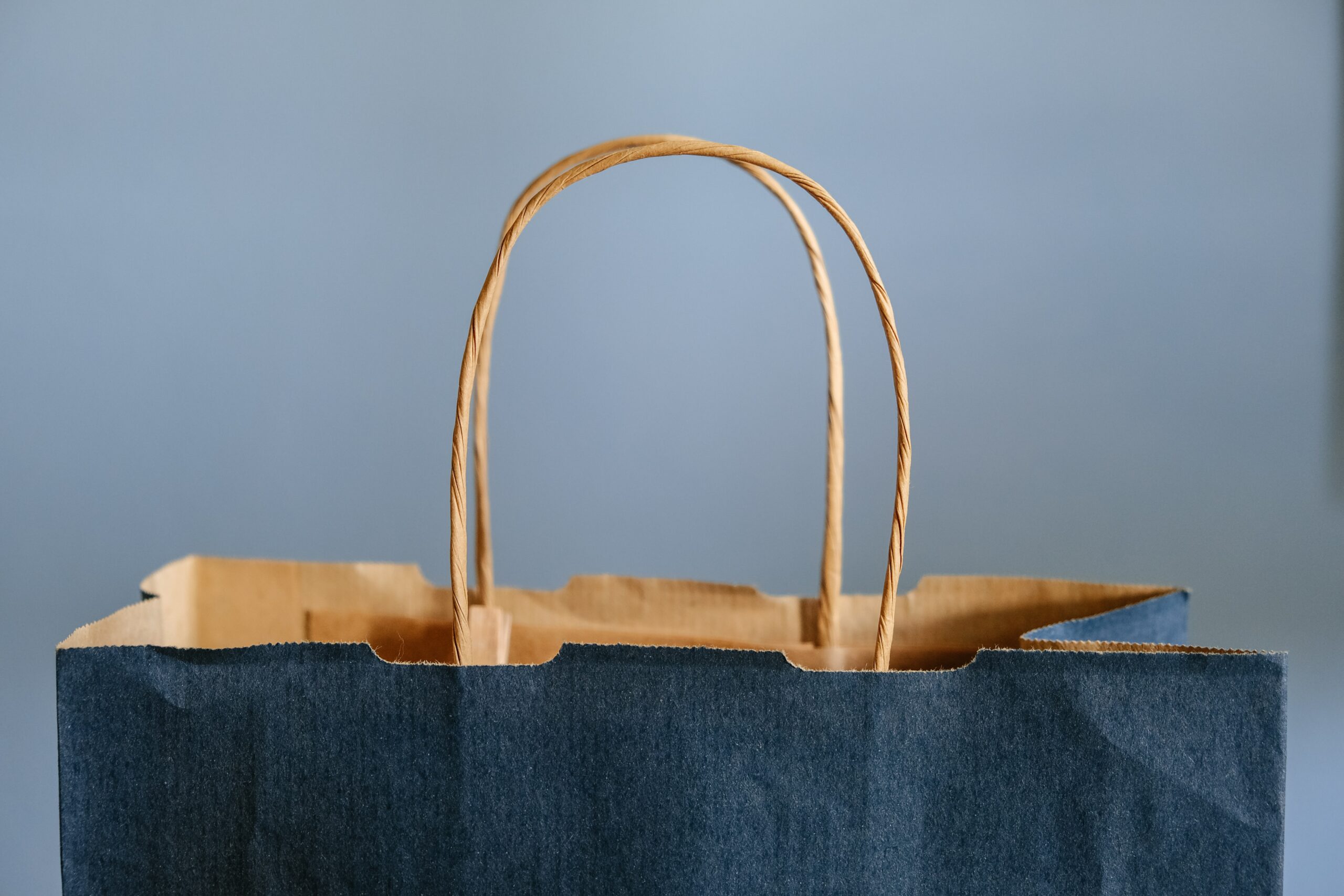
Ah, ‘tis the season. Yes, for holiday celebration, but also for an unbridled consumer free-for-all, when most of us overindulge in our national pastime, shopping. Could you potentially have a shopping addiction? Here we will talk about ways to deal with a shopping addiction if you do have one.
While shopping during the holiday season can bring the warmth and cheer that comes with gift-giving, it can have a darker side. It can be time-consuming, lead to overspending, and creates even more waste than our ever-more fragile planet can take.
Is there a fine line between recreational shopping and shopping addiction?
If you are curious about your shopping habit or if it is causing discomfort, read on for our take…
Is Having a Shopping Addiction Real?
For many people in recovery, some discomfort remains long after the drinking and drug use have ended. When left without a substance to “take the edge off” – most of us have sought other kinds of distraction, relief, or excitement. Food, dating, gambling, smoking….you name it.
Of course, overspending is a natural culprit. With shopping comes a dopamine hit and thrill, it becomes a shopping addiction. Yet at the same time, without spending money, most of us wouldn’t have the necessities of life – food, clothing, and shelter.
So how to tell if this habit has entered unhealthy territory? Here are a few red flags:
- spending more than you can afford
- hiding your purchases
- obsessively planning new purchases
- avoiding paying bills to spend on other things
- taking on more debt than you can manage
- taking money from other people to shop
- compromising your values to shop, such as by using money you intended to spend on debt to buy things
Like many other compulsive behaviors, a shopping addiction can be a distraction from unpleasant emotions, offering a high that may help you feel temporarily better or less anxious.
While it may be hard to reign it in, especially during the holidays, there are a few tools that can help:
Use cash – this connects you to the reality of what you’re spending. When you hand your money over physically, you literally see it leave your wallet, versus the ambiguous swipe of a debit card.
Be accountable – getting honest and letting someone know that you are struggling in this area is a great start. Some people find success with a “buddy” system and telling someone before they make an unplanned purchase.
Avoid the stores – this one may seem obvious, but it follows the same logic as an alcoholic not sitting in the bar all day. You will avoid temptation and the lure of things you didn’t even know you needed.
Get comfortable with discomfort – next time you have an obsessive urge to buy something unplanned, can you interrogate the feelings underneath? Are you sad, lonely, bored? Could you do something more compassionate than shopping?
Wait it out – if a purchase is impulsive and obsessive, the burning desire may pass if you give it time. Could you wait three days before making a purchase?
Seek help – if your shopping addiction has put you on the road to financial ruin, or is affecting your relationships and peace of mind, it may be appropriate to seek help from a counselor, therapist, or behavioral health expert.
At Scottsdale Providence, we have assembled a world-class team of seasoned, compassionate, and trained professionals. We bring a combined 120 years of experience in the treatment industry and have helped countless people on the road to lasting recovery. We are more than clinicians, case managers, and counselors. Each member of our team shares an abiding commitment to every client that comes through our door.
At Scottsdale Providence, our work is motivated by a genuine desire to connect people with real solutions – so they can live the lives they’ve always wanted.
Reach out today, we are here to help.
